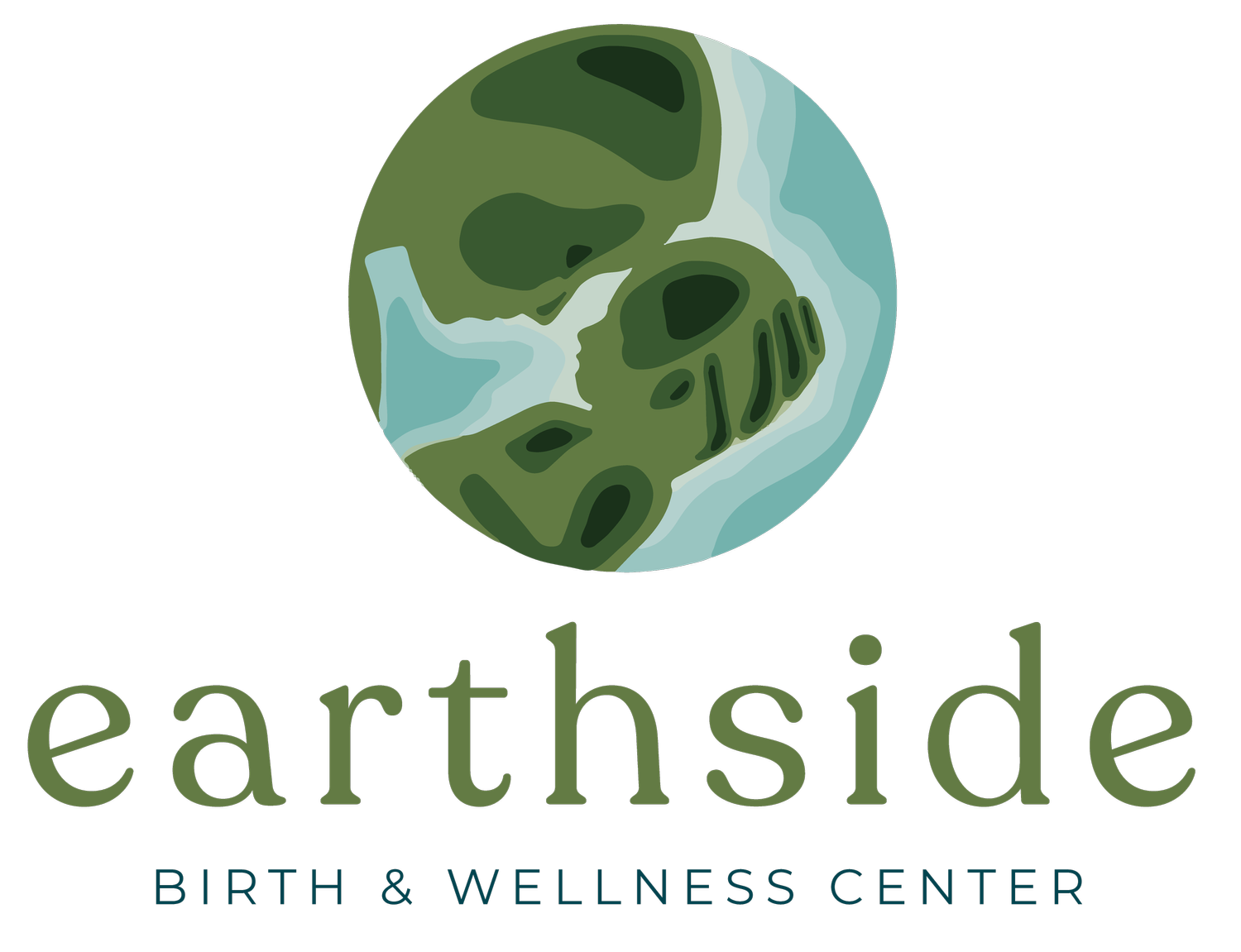What’s the Difference between Doulas and Midwives?
Hey everyone! Today I wanted to write a little bit about the difference between a doula and a midwife. I get this question a lot, and I also get friends, family, and clients misunderstanding the difference! So let’s talk about it!
We are a bit more familiar with a midwife. It seems like an old fashion word, and I love saying “midwifery”. (Soft “I” like “wiffery”). It sounds very medieval and quaint. Lol. Midwives have existed as long as babies have been born! They were the original baby catchers and were even mentioned in Exodus. Midwives help people out. It wasn’t until the turn of the century, (and wowza is there some interesting and dark history in the US which I won’t get into) that obstetrics, men, and hospitals came on the scene. Spoiler alert, it wasn’t really about safety at that time! So birthing babies in a hospital with an OB is a relatively new experience, historically.
Let’s talk about midwives in Wyoming. Currently, the state recognizes 2 types of licensed midwives: a Certified Nurse Midwife (CNM), and a Certified Professional Midwife (CPM). Both are well educated and trained but had different routes of schooling and hands on training. A CNM is first an RN, who goes on to get her Masters of Nursing, and then Midwifery training on top of that. A CNM has some medical scope, where she can write prescriptions, do bloodwork, and can practice in hospitals that hire midwives. They are a bit more likely to be covered by insurance companies as well. While a CNM typically is more likely to be hospital based, and therefore more in the realm of “medical model of care”, they are not always! CNMs can practice home birth, hospital birth, or birth centers. Many practice “midwifery model of care”.
A CPM is more along the lines of a direct entry midwife. However, she still goes through midwifery schooling, either an associate’s degree or bachelor degree in the midwifery model of care. She then apprentices under another midwife and has to complete all her required skills, attends hundreds of prenatal appointments, dozens of births as an observer, assistant, and finally as the primary, while her skills are being assessed by her preceptor. She then takes a Board Certification. From there, she also needs to get licensed to practice by the state she works in.
Midwives provide the primary care for pregnant people throughout their pregnancy, labor, delivery, and postpartum. Midwives are also certified to care for a healthy newborn along with mom for the first 6 weeks! Midwives are often knowledgeable in supporting the breastfeeding experience as well. Midwives are trained to know what normal and healthy looks like, so when they see something different, they refer care to an obstetrician. What a lot of people don’t realize is that midwives are not only trained but well equipped for most birth emergencies! While a home birth and birth center lower the possibility of a risky labor by only caring for healthy women, they are still prepared for anything! Because they are training to watch, they will transfer care at the first indication something may go amiss. Typically, true emergencies are rare without a lot of heads up something is going wrong. The key is to catch these things early on to avoid it happening altogether. Midwives still can handle newborn resuscitation, mom hemorrhaging, and other emergencies with medication, oxygen, resuscitation equipment always on hand and a good relationship with emergency services.
So that covers midwives! Midwives help people out, and they are pretty badass!
Doulas: The word is derived from Greek, meaning “woman servant”. Now this seems to be a newer word in our culture and doulas are becoming more popular. I like to say a doula is like a personal assistant at your birth. She does NOT provide any medical care, nor is she trained for that. She DOES know a lot about birth though! She is there to learn what YOU want for your experience, and help empower you to get the birth you want. She meets with you, builds a relationship with you, learns your birth plan, and can help you sort out information. She educates you on all things birth, may send evidence based resources your way, and helps you ask questions so you get the information you need to make a great choice. She then attends your labor and birth, offering comfort measures, relaxation techniques, breathing techniques, and emotional support. She is there to help you! Many doulas are qualified to give breastfeeding support postpartum as well. If you are seeking a planned c-section, a planned epidural, or determined to have a natural birth, having a doula goes a LONG way to increase your odds of getting a satisfying experience. Where a midwife is doing fetal heart tones, checking the cervix, blood pressure, and more, a doula does not provide these things.
While a lot of women hire doulas to have a more natural experience in a hospital setting and feel like they need that extra support due to the environment that is more medically minded, many women planning home or birth center births hire doulas as well. Many midwives working in Out-Of-Hospital settings recommend or require clients to have doulas as these clients have a better experience, are more supported, and more informed, leading to a higher success rate.
There you have it! Both midwives and doulas are amazing support and we are so excited to offer these services to Cheyenne!
